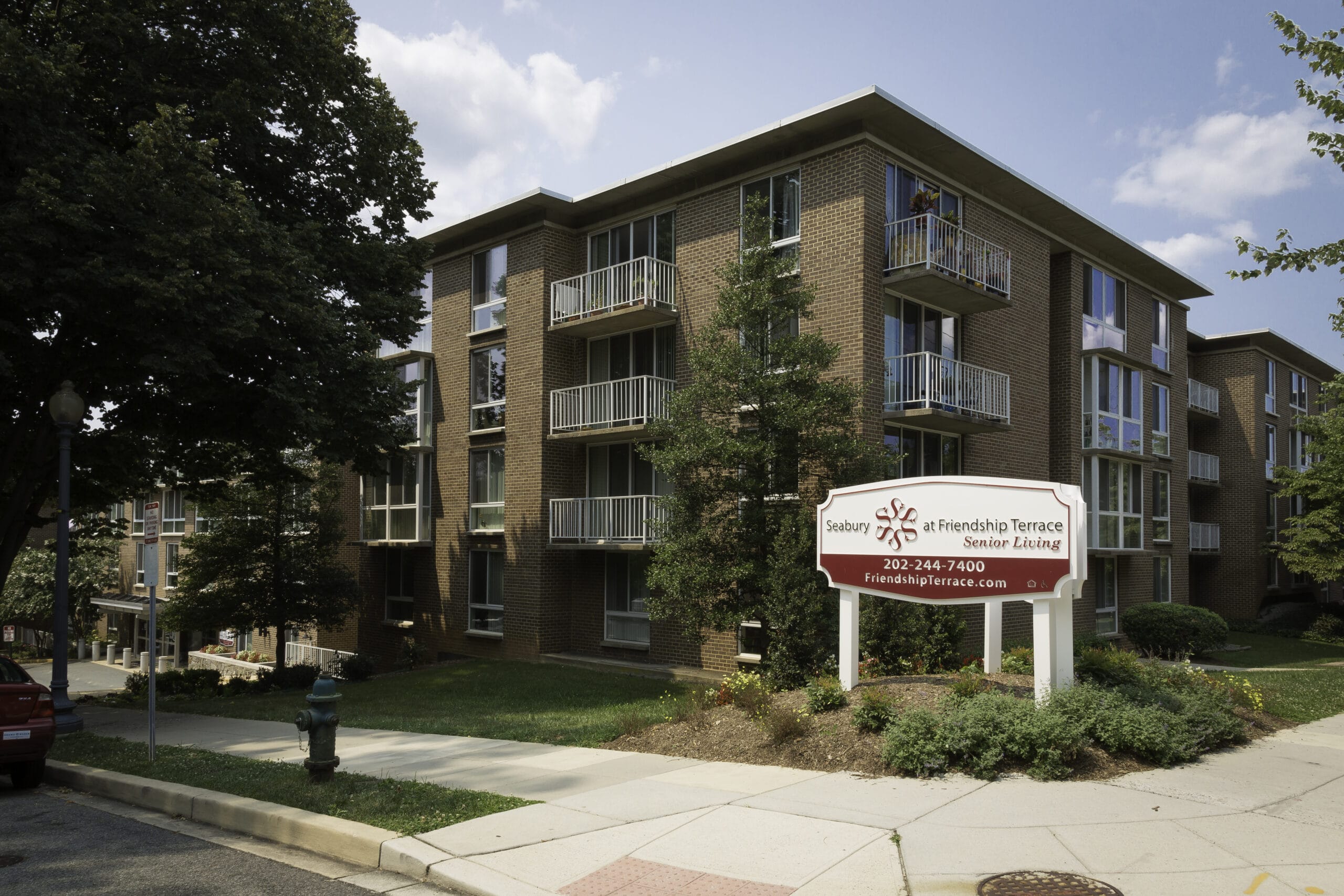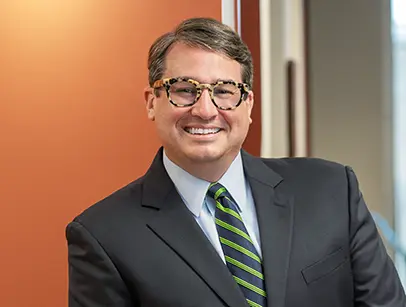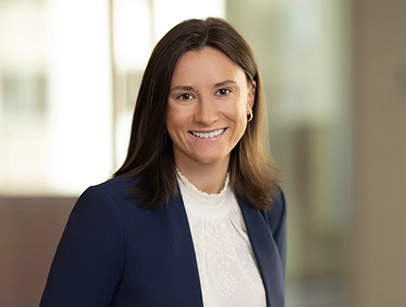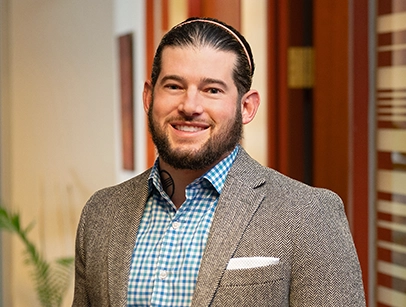Much of America’s affordable housing for seniors and people with disabilities or other special needs was developed long ago under HUD’s Section 202 and 811 programs; the regulatory structure is archaic and the buildings are approaching obsolescence.
Klein Hornig attorneys are adept at assisting sponsors to navigate HUD regulatory obstacles in order to recapitalize, reposition and rehabilitate such properties. We have utilized Section 202 and Flexible Subsidy (Flex Sub) loan prepayments, RAD-for-PRAC, and similar tools in combination with the arsenal of modern financing tools – LIHTC, tax-exempt bonds, Section 223f and 221(d)(4) HUD-insured loans, etc. – to allow existing projects to continue to house low-income seniors and people with disabilities. Likewise, we are helping our clients utilize new Section 202 Capital Advance grants to expand the supply of affordable senior housing.
While no affordable housing is “one-size-fits-all”, senior and special needs housing in particular must flexibly address a wide range of resident needs. Klein Hornig has worked with clients to create “continuum of care” campuses combing options for affordable independent living and assisted living with PACE Centers (often accessing New Markets Tax Credits). In other contexts, we have assisted clients to navigate arcane Fair Housing rules in order to target assistance to people with particular medical needs or intellectual, developmental or other disabilities.





